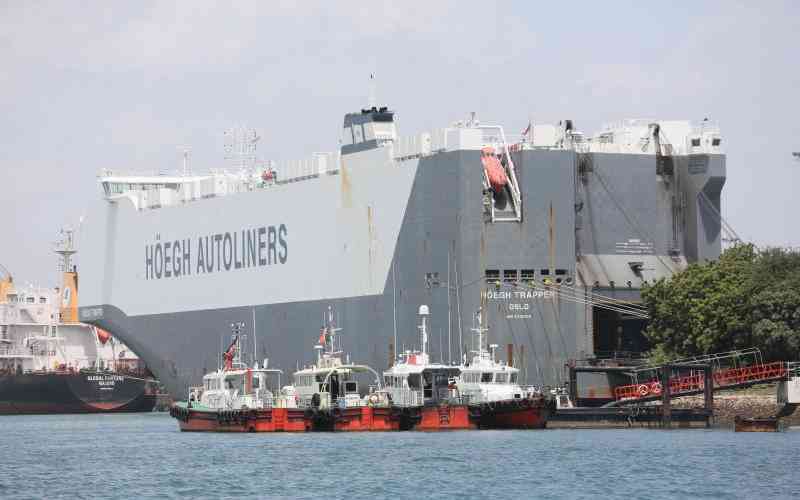
Kenya’s narrative on corruption revolves around denial, scapegoating and hypocrisy. That is why last week’s instalment of this column wondered who ‘we’ refers to in the question, “In whose hands are we safe?”
Our institution of government resides in top-heavy cartels. A former Chief Justice described ours as “a bandit economy.” It is difficult to tell whether cartels are in government, or the government itself is a cartel. That is why Kenyans have stumbled, this week, into tales of smoky deals around some of the country’s prime national assets.